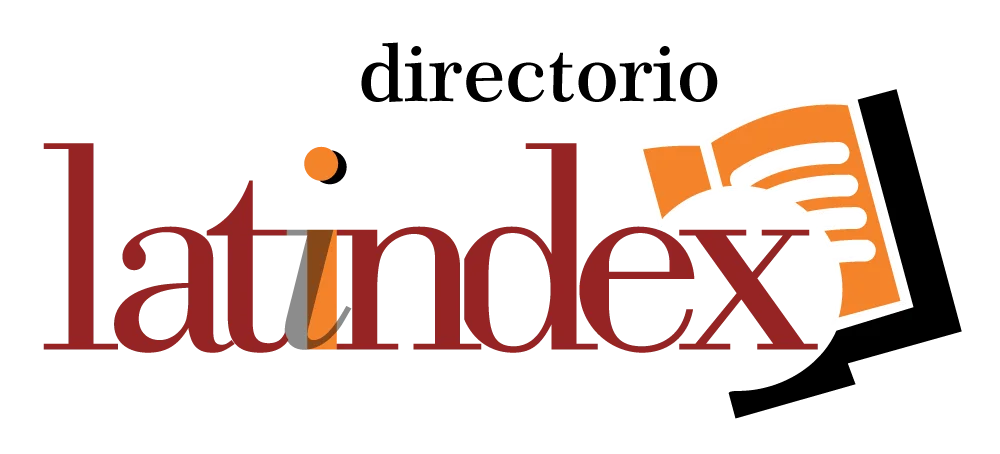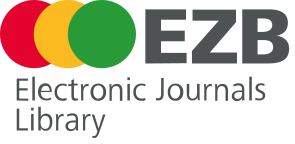Update on twice-exceptional learners and their educational needs
DOI:
https://doi.org/10.56294/neuro2024129Keywords:
Twice-Exceptional, Double exceptionalism, Learning disability, ADHD, Autism spectrum disorderAbstract
Introduction: Double exceptionalism (2e) is characterized by the presence of high performance simultaneously with deficiencies or incompatible conditions. The phenomenon of twice-exceptionality poses unique challenges for both identification and approach. Understanding this complexity is crucial for tailoring effective interventions.
Objective: The objective of this research was to update on 2e individuals and the education as a key element in their development.
Methods: A bibliographic review was conducted by accessing databases such as PubMed and ResearchGate using key words including Twice-Exceptional, Double exceptionalism, learning disability, ADHD, autism spectrum disorder. A total of 21 articles were selected, over 70% of which were published in the last 5 years.
Results: Performance is diverse and varies for each clinical case; however, the literature indicates general specific talents such as a high level of creativity, unusual imagination, and higher-order thinking skills. These students usually need educational support for their gifts and talents to be developed, including enrichment and/or acceleration in their areas of talent and support for their specific social and emotional needs. They also need to receive services to compensate for and address their disabilities.
Conclusions: Twice-exceptional learners exhibit high abilities alongside neurodevelopmental disabilities, resulting in complex educational needs. Early and accurate identification is critical to provide tailored interventions. Strength-based educational approaches are essential to foster their academic development.
References
1. Sena AMBG, Messias BLC, Bezerra RLM, Azevedo AI de L, Alcantara HF, Azoni CAS. Phonological remediation effects on a child with giftedness and developmental dyslexia. Codas 2024;36:e20230068. https://doi.org/10.1590/2317-1782/20242023068pt.
2. Reis SM, Renzulli SJ. Research-Based Strength-Based Teaching and Support Strategies for Twice-Exceptional High School Students with Autism Spectrum Disorder. Behav Sci (Basel) 2025;15. https://doi.org/10.3390/bs15060834.
3. Papadopoulos D. Parenting the Exceptional Social-Emotional Needs of Gifted and Talented Children: What Do We Know? Children (Basel) 2021;8. https://doi.org/10.3390/children8110953.
4. Reis SM, Baum SM, Burke E. An Operational Definition of Twice-Exceptional Learners: Implications and Applications. Gifted Child Quarterly 2014;58:217-30. https://doi.org/10.1177/0016986214534976.
5. Kelvington BA, Nickl-Jockschat T, Abel T. Neurobiological insights into twice-exceptionality: Circuits, cells, and molecules. Neurobiol Learn Mem 2022;195:107684. https://doi.org/10.1016/j.nlm.2022.107684.
6. Cody RA, Boldt GT, Canavan EJ, Gubbins EJ, Hayden SM, Bellara AP, et al. Teachers’ reported beliefs about giftedness among twice exceptional and culturally, linguistically, and economically diverse populations. Front Psychol 2022;13:953059. https://doi.org/10.3389/fpsyg.2022.953059.
7. Reis SM, Gelbar NW, Madaus JW. Understanding the Academic Success of Academically Talented College Students with Autism Spectrum Disorders. J Autism Dev Disord 2022;52:4426-39. https://doi.org/10.1007/s10803-021-05290-4.
8. Moya-Pérez Mg M, Hernández-Flórez PhD N, Posada PhD EL. Neurodiversity and Inclusive Education: A Therapeutic and Pedagogical Approach from Music Therapy in Early Childhood Education from a Systematic Review. Salud, Ciencia y Tecnología 2024;4:.914. https://doi.org/10.56294/saludcyt2024.1371.
9. Chieffo DPR, Arcangeli V, Delle Donne V, Settimi G, Massaroni V, Marfoli A, et al. Cognitive, Behavioral, and Learning Profiles of Children with Above-Average Cognitive Functioning: Insights from an Italian Clinical Sample. Children (Basel) 2025;12. https://doi.org/10.3390/children12070926.
10. François-Sévigny J, Pilon M, Gauthier L-A. Differences in Parents and Teachers’ Perceptions of Behavior Manifested by Gifted Children with ADHD Compared to Gifted Children without ADHD and Non-Gifted Children with ADHD Using the Conners 3 Scale. Brain Sci 2022;12. https://doi.org/10.3390/brainsci12111571.
11. Cadenas M, Hartman C, Faraone S, Antshel K, Borges Á, Hoogeveen L, et al. Cognitive correlates of attention-deficit hyperactivity disorder in children and adolescents with high intellectual ability. J Neurodev Disord 2020;12:6. https://doi.org/10.1186/s11689-020-9307-8.
12. Rommelse N, van der Kruijs M, Damhuis J, Hoek I, Smeets S, Antshel KM, et al. An evidenced-based perspective on the validity of attention-deficit/hyperactivity disorder in the context of high intelligence. Neurosci Biobehav Rev 2016;71:21-47. https://doi.org/10.1016/j.neubiorev.2016.08.032.
13. Uddin LQ. Exceptional abilities in autism: Theories and open questions. Curr Dir Psychol Sci 2022;31:509-17. https://doi.org/10.1177/09637214221113760.
14. Madaus J, Reis S, Gelbar N, Delgado J, Cascio A. Perceptions of factors that facilitate and impede learning among twice-exceptional college students with autism spectrum disorder. Neurobiol Learn Mem 2022;193:107627. https://doi.org/10.1016/j.nlm.2022.107627.
15. Cain MK, Kaboski JR, Gilger JW. Profiles and academic trajectories of cognitively gifted children with autism spectrum disorder. Autism 2019;23:1663-74. https://doi.org/10.1177/1362361318804019.
16. Berninger VW, Abbott RD. Differences between Children with Dyslexia Who Are and Are Not Gifted in Verbal Reasoning. Gift Child Q 2013;57. https://doi.org/10.1177/0016986213500342.
17. Hamzic U, Bećirović S. Twice-Exceptional, Half-Noticed: The Recognition Issues of Gifted Students with Learning Disabilities. MAP Social Sciences 2021;1:13-22. https://doi.org/10.53880/2744-2454.2021.1.1.13.
18. Martan V, Lončarić D, Skočić Mihić S. Beliefs about the High Abilities of Twice-Exceptional Students with Dyslexia. 2019. https://doi.org/10.13140/RG.2.2.31938.53446.
19. Al-Hroub A. Utility of Psychometric and Dynamic Assessments for Identifying Cognitive Characteristics of Twice-Exceptional Students. Front Psychol 2021;12:747872. https://doi.org/10.3389/fpsyg.2021.747872.
20. Teresa Isabel Costa De Oliveira Martins Matos TICDOMM, González-Contreras AI, Alonso-Rodríguez I, Martínez-Muciano MC. Inclusive School and the Impact of programs promoting socio-emotional Competencies Based on mindfulness in ADHD in Primary School Students. Salud, Ciencia y Tecnología 2024;4:1170. https://doi.org/10.56294/saludcyt20241170.
21. Etchegaray-Montecinos J, Moreno-Sanhueza S, Cea-Salgado C, Navarrete-Araneda K, Álvarez C, Flores A. Effectiveness of the Complementary Therapies Use on Parameters of Social Communication In Children with Autistic Spectrum Disorder (ASD). Salud, Ciencia y Tecnología 2024;4:636. https://doi.org/10.56294/saludcyt2024636.
Downloads
Published
Issue
Section
License
Copyright (c) 2024 Emanuel Maldonado (Author)

This work is licensed under a Creative Commons Attribution 4.0 International License.
The article is distributed under the Creative Commons Attribution 4.0 License. Unless otherwise stated, associated published material is distributed under the same licence.






